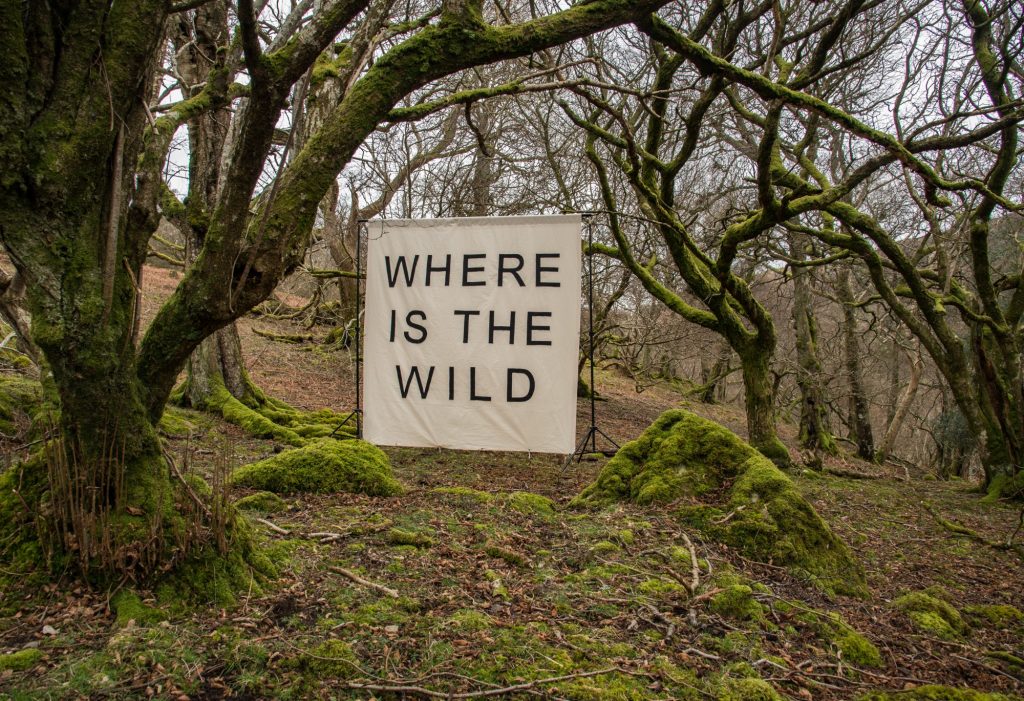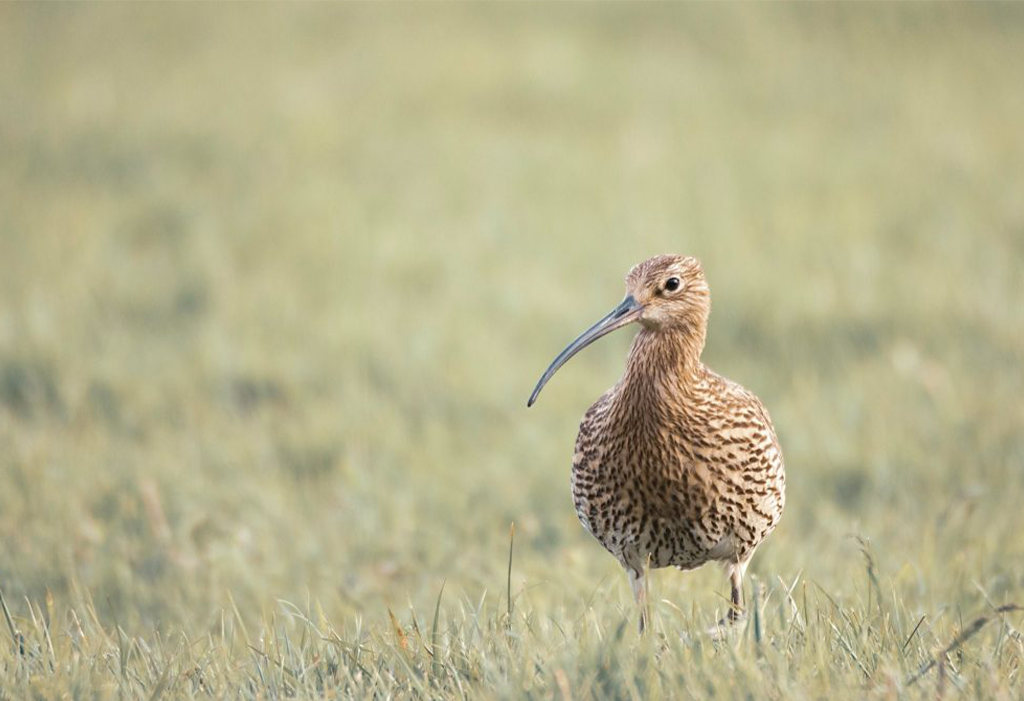Tipping Points: Cultural Responses to Wilding and Land Sharing in the North of England
We are reaching a ‘tipping point’ in the UK where more wildlife habitat is being restored than taken away. This unusually positive use of the term (along with the good news it denotes) is the inspiration for the AHRC-funded follow-on project ‘Tipping Points: Cultural Responses to Wilding and Land Sharing in the North of England’.
Researchers at the University of Leeds and Bristol are working with three partner organisations – Castle Howard, Wild Ennerdale and Stirley Community Farm – all of which are involved in planning and implementing schemes to increase biodiversity levels on their land, often involving modifications to farming practices.
C0-Investigator Pippa Marland introduces the project in this short video
A series of nature writing and creative art workshops, based on each of our three venues but delivered online, centre on the concept of the ‘wild’, raising awareness of conservation initiatives, especially wilding and land sharing in collaboration with farmers, and eliciting creative responses from participants around the meanings, values, and possible futures of these landscapes. These responses will then feed into the land-use deliberations of our partner organisations as they broaden their own public engagement. All of the workshop materials will be made publicly available in late March 2021 and the results of these workshops will be displayed in an online exhibition in April 2021, both hosted by the Land Lines website.
A second strand of our activity is entitled ‘Love and Soil’. Originally planned as a symposium at Castle Howard, this now takes the form of a series of online activities which will bring together farmers, conservationists and arts and humanities practitioners. The events, which include an online ‘slow conversation’ curated by Northern Heartlands, a creative writing programme for land workers, and interviews with a number of farmers, look to open lines of communication in a fraught area of debate in which farmers often feel unfairly criticized for their methods. The ultimate goal is to foster mutually supportive networks, in both practical and cultural terms, for farmers wishing to adopt a more ‘nature-friendly’ approach.

Image by Somewhere Nowhere

Image by Mary Colwell
